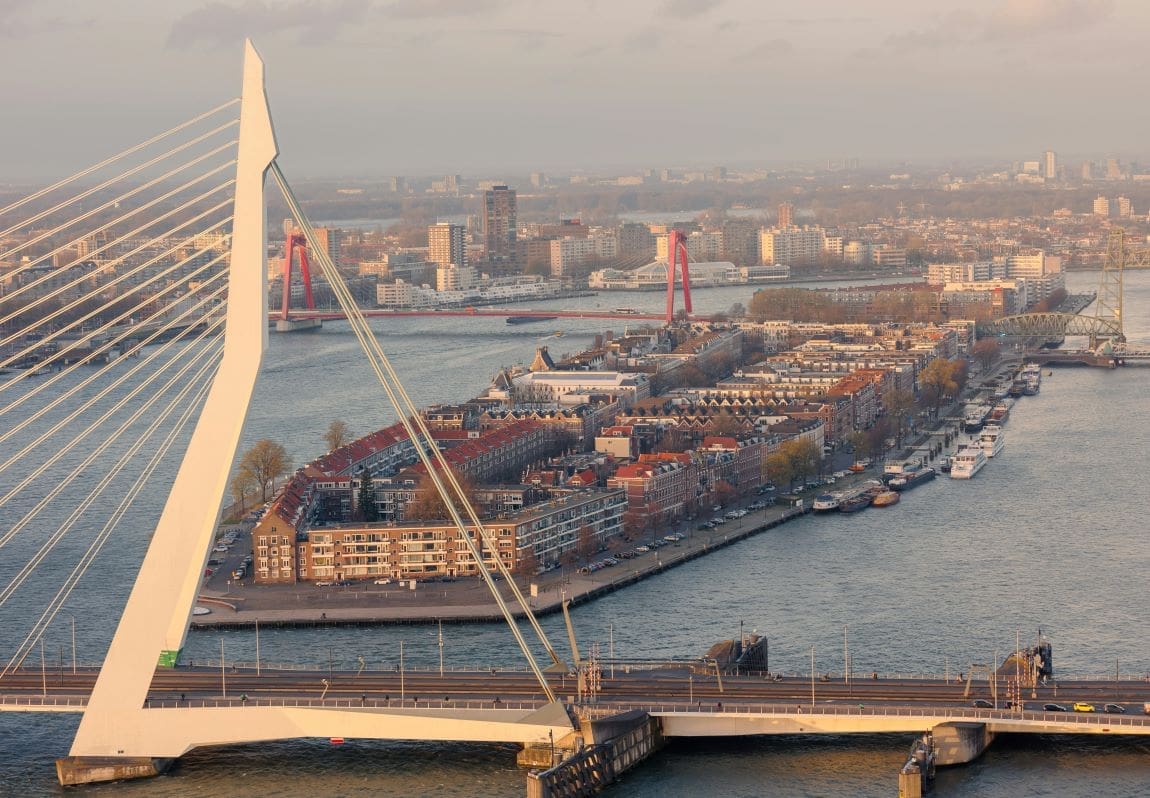Coastal cities, crucial to the global economy and societal functions, are increasingly vulnerable to the effects of climate change, necessitating rapid and comprehensive adaptation measures.
A recent study – published in Nature Cities – led by Professor Matthias Garschagen from Ludwig-Maximilians-Universität München (LMU) has revealed significant gaps in current adaptation efforts, underscoring the need for more robust and forward-thinking strategies.
The study, which analyzed 199 cities across 54 countries, assessed how these urban areas are addressing climate risks such as rising sea levels, storms, flooding, and extreme heat. The research also examined the vulnerability of populations, infrastructure, and ecosystems in these regions.
Inadequate adaptation measures
The findings show that while some cities, particularly in wealthier regions like North America and Europe, have implemented technical and institutional measures such as large-scale levees and innovative urban planning, these efforts are often insufficient. In less affluent regions, especially in parts of Africa and Asia, adaptation strategies are more behavior-based, with households and businesses largely responsible for their own resilience.
“Our findings reveal that there is plenty of work still to be done on all levels,” said Prof. Garschagen. “There has been little truly far-reaching change involving a fundamental rethink of risk management. Cities often attempt to optimize their disaster management on the basis of past experience without fundamentally questioning whether these approaches are still going to be viable in the future.”
Lack of quantifiable planning
The study also highlighted a significant shortfall in the integration of quantifiable data in adaptation planning. While cities do consider future natural risks, socioeconomic factors like societal vulnerability trends and spatial growth are often overlooked.
“The Lagos or Jakarta of today is not the same as it’s going to be in 20 years’ time,” Garschagen noted. “The changes in domains such as demography or urban growth are so rapid and extensive that we really should include them. There are large research gaps here, for sure, and we need better scenarios and modeling techniques. Another important question is at what point does it make more sense to abandon coastal protection measures and think about resettlements instead.”
The research stresses the importance of considering when to shift from protective measures to more radical solutions, such as resettling populations, in response to increasing climate threats.
Call for increased research in the Global South
Professor Garschagen emphasized the need for more research focused on cities in the Global South, where much of the climate change impact is expected to be most severe. To date, most research has concentrated on cities in the Global North, potentially skewing the global understanding of effective adaptation strategies.
“Global climate change research that covers all regions of the world would enable us to fight the climate crisis faster and more effectively,” Garschagen asserted, calling for a major increase in research activity in the Global South.
The study’s findings underline the urgency for coastal cities worldwide to accelerate their adaptation efforts, incorporating more comprehensive and forward-looking strategies to mitigate the worsening impacts of climate change.
Journal Reference:
Garschagen, M., Wannewitz, M., Ajibade, I., Mach, K.J. et al. ‘Progress and gaps in climate change adaptation in coastal cities across the globe’, Nature Cities 1, 610–619 (2024). DOI: 10.1038/s44284-024-00106-9
Article Source:
Press Release/Material by LMU
Featured image: Rotterdam is an example of medium-scale adaptations. Credit: Igor Passchier




